Description
Combine style and class with this 100% cotton polo shirt! The detailed embroidery is a great conversation starter, and thanks to the pre-shrunk fabric, the shirt will maintain its shape after washing.
• 100% ring-spun cotton pique
• Sport Grey is 90% ring-spun cotton pique, 10% polyester
• Fabric weight: 6.3 oz/yd² (213.6 g/m²)
• Pre-shrunk and quarter-turned fabric
• Contoured welt collar and cuffs
• Double-needle bottom hem
• Three woodtone buttons on a clean-finished placket with a reinforced box
• Blank product sourced from Guatemala
The Democratic Republic of the Congo (French: République démocratique du Congo (RDC) [kɔ̃ɡo]), informally Congo-Kinshasa, DR Congo, the DRC, the DROC, or the Congo, and formerly and also colloquially Zaire, is a country in Central Africa. It is bordered to the northwest by the Republic of the Congo, to the north by the Central African Republic, to the northeast by South Sudan, to the east by Uganda, Rwanda and Burundi, and by Tanzania (across Lake Tanganyika), to the south and southeast by Zambia, to the southwest by Angola, and to the west by the South Atlantic Ocean and the Cabinda exclave of Angola. By area, it is the second-largest country in Africa and the 11th-largest in the world. With a population of around 108 million, the Democratic Republic of the Congo is the most populous officially Francophone country in the world. The capital and largest city is Kinshasa, which is also the nation’s economic center.
Centered on the Congo Basin, the territory of the DRC was first inhabited by Central African foragers around 90,000 years ago and was reached by the Bantu expansion about 3,000 years ago.[8] In the west, the Kingdom of Kongo ruled around the mouth of the Congo River from the 14th to 19th centuries. In the northeast, center and east, the kingdoms of Azande, Luba and Lunda ruled from the 16th and 17th centuries to the 19th century. King Leopold II of Belgium formally acquired rights to the Congo territory in 1885 and declared the land his private property, naming it the Congo Free State. From 1885 to 1908, his colonial military forced the local population to produce rubber and committed widespread atrocities. In 1908, Leopold ceded the territory, which thus became a Belgian colony.
Congo achieved independence from Belgium on 30 June 1960 and was immediately confronted by a series of seccessionist movements, which culminated in the seizure of power of Mobutu in a 1965 coup d’état. Mobutu renamed the country Zaire in 1971 and imposed a harsh dictatorship until his overthrow in 1997 by the First Congo War. The country then had its name changed back and was confronted by the Second Congo War from 1998 to 2003, which resulted in the deaths of 5.4 million people. The war ended under President Joseph Kabila who governed the country from 2001 to 2019, under whom human rights in the country remained poor and included frequent abuses such as forced disappearances, torture, arbitrary imprisonment and restrictions on civil liberties. Following the 2018 general election, in the country’s first peaceful transition of power since independence, Kabila was succeeded as president by Félix Tshisekedi, who has served as president since. Since 2015, the Eastern DR Congo has been the site of an ongoing military conflict in Kivu.
The Democratic Republic of the Congo is extremely rich in natural resources but has suffered from political instability, a lack of infrastructure, corruption, and centuries of both commercial and colonial extraction and exploitation, followed by more than 60 years of independence, with little widespread development. Besides the capital Kinshasa, the two next largest cities, Lubumbashi and Mbuji-Mayi, are both mining communities. The DRC’s largest export is raw minerals, with China accepting over 50% of its exports in 2019. In 2019, DR Congo’s level of human development was ranked 175th out of 189 countries by the Human Development Index. As of 2018, following two decades of various civil wars and continued internal conflicts, around 600,000 Congolese refugees were still living in neighbouring countries. Two million children risk starvation, and the fighting has displaced 4.5 million people. The country is a member of the United Nations, Non-Aligned Movement, African Union, East African Community, COMESA, Southern African Development Community, and the Economic Community of Central African States.
Source : https://en.wikipedia.org/wiki/Democratic_Republic_of_the_Congo
This product is made especially for you as soon as you place an order, which is why it takes us a bit longer to deliver it to you. Making products on demand instead of in bulk helps reduce overproduction, so thank you for making thoughtful purchasing decisions!





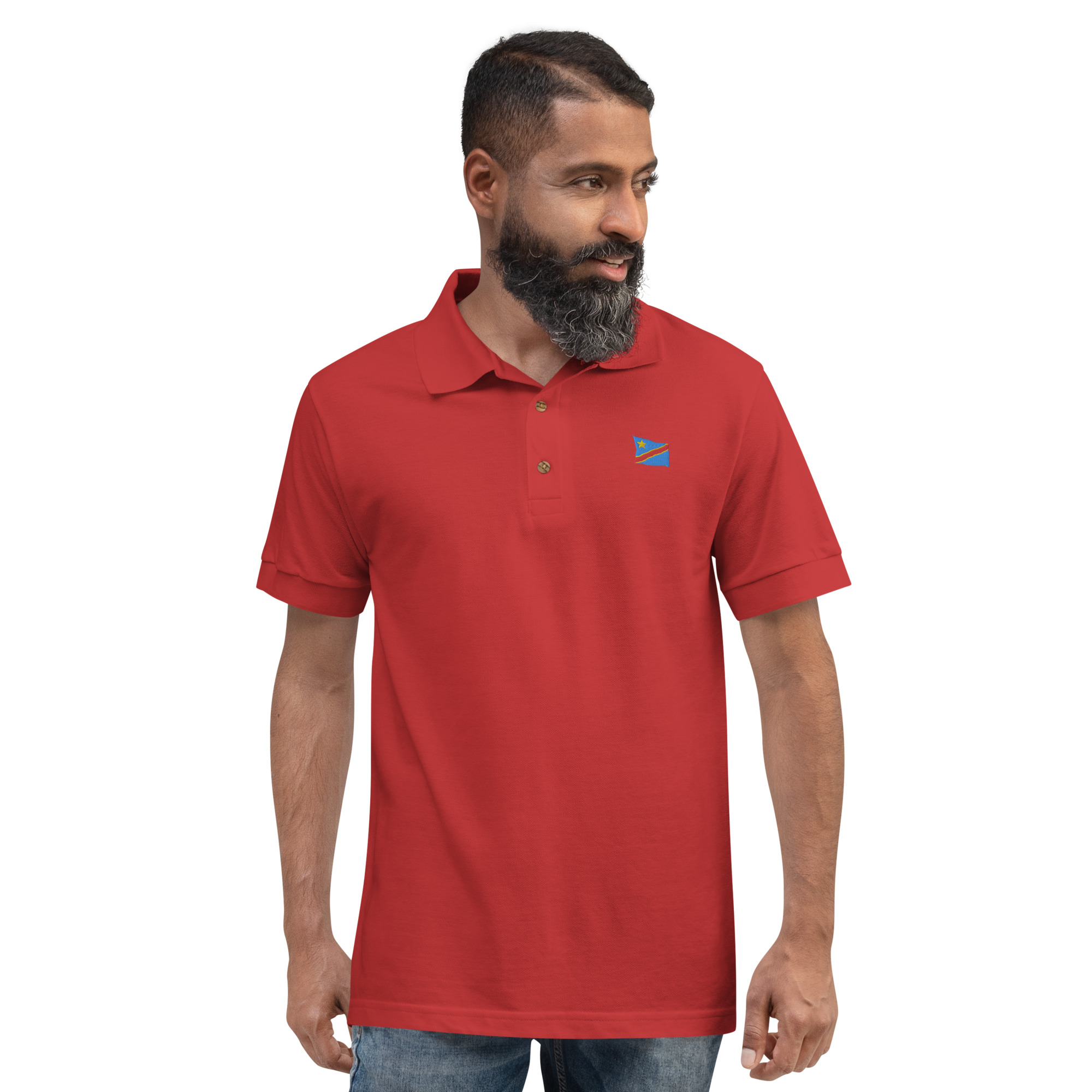
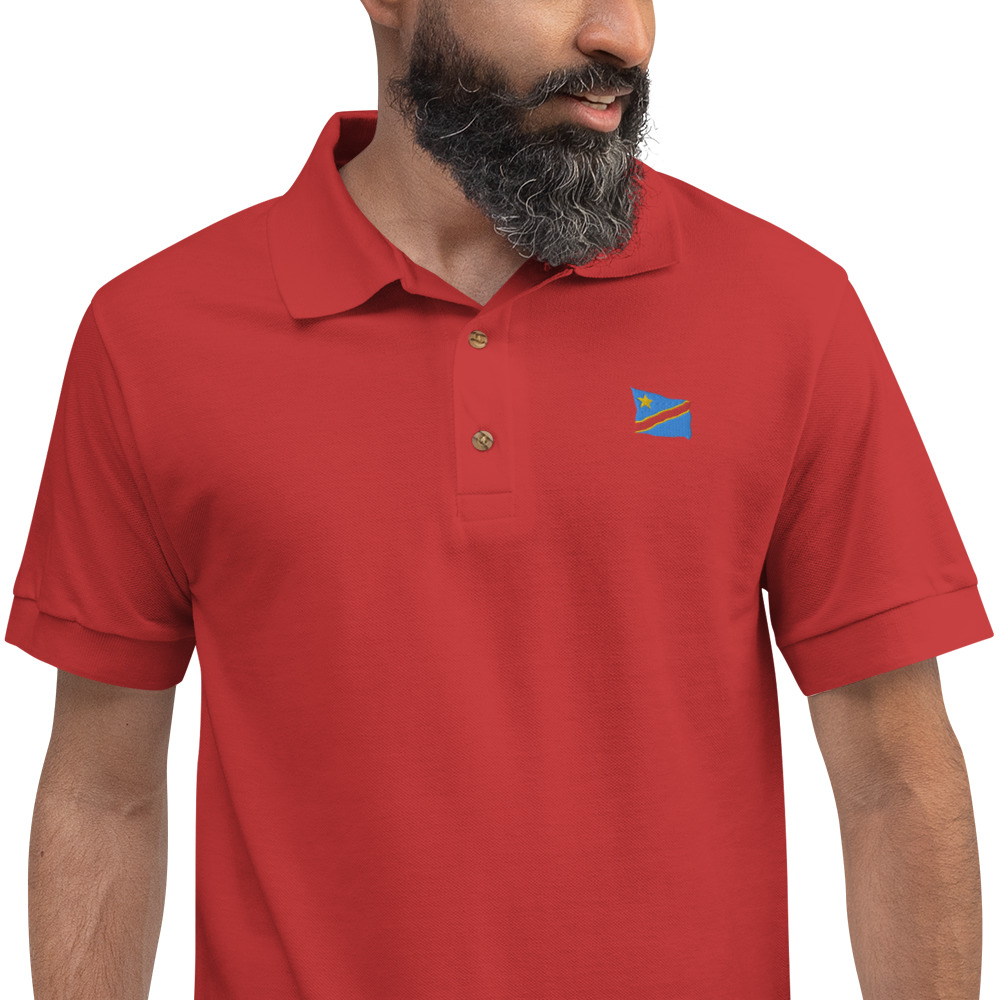
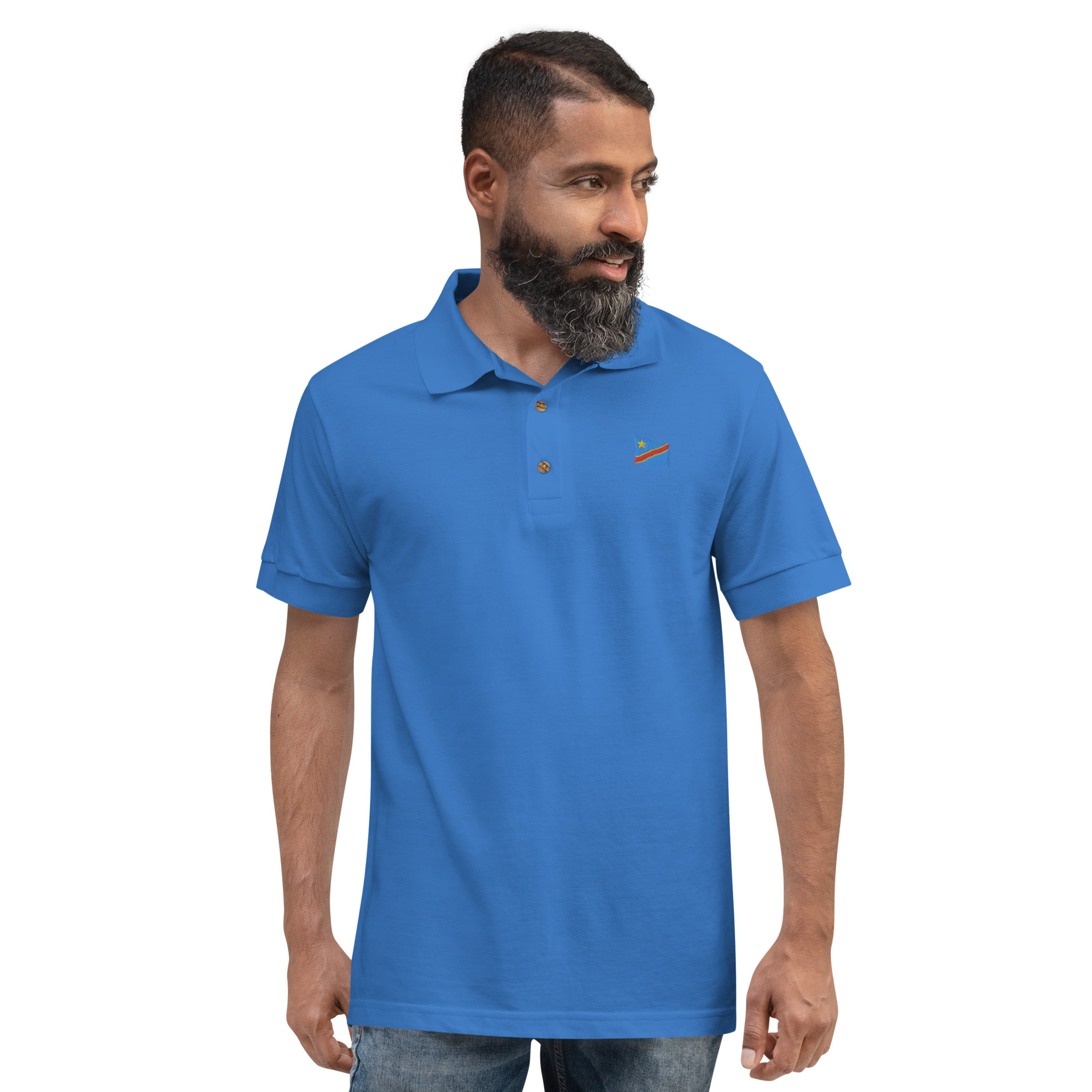
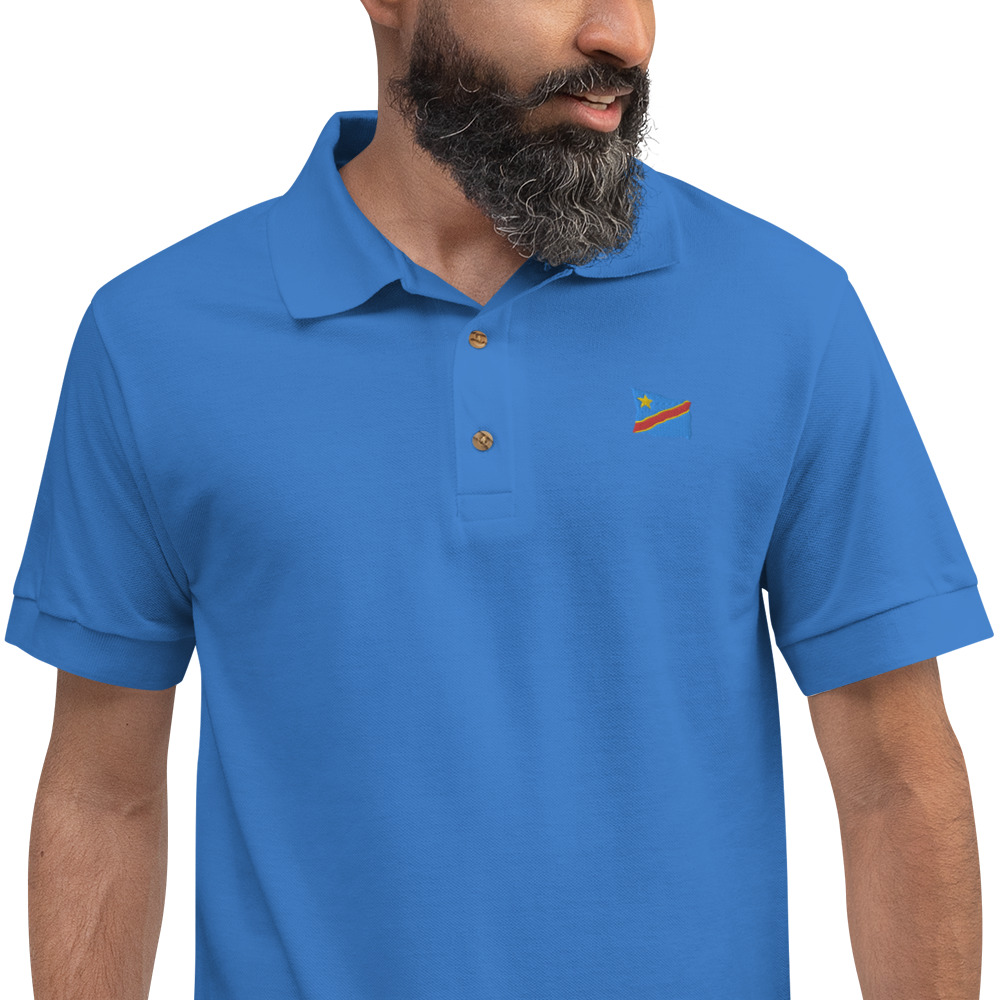
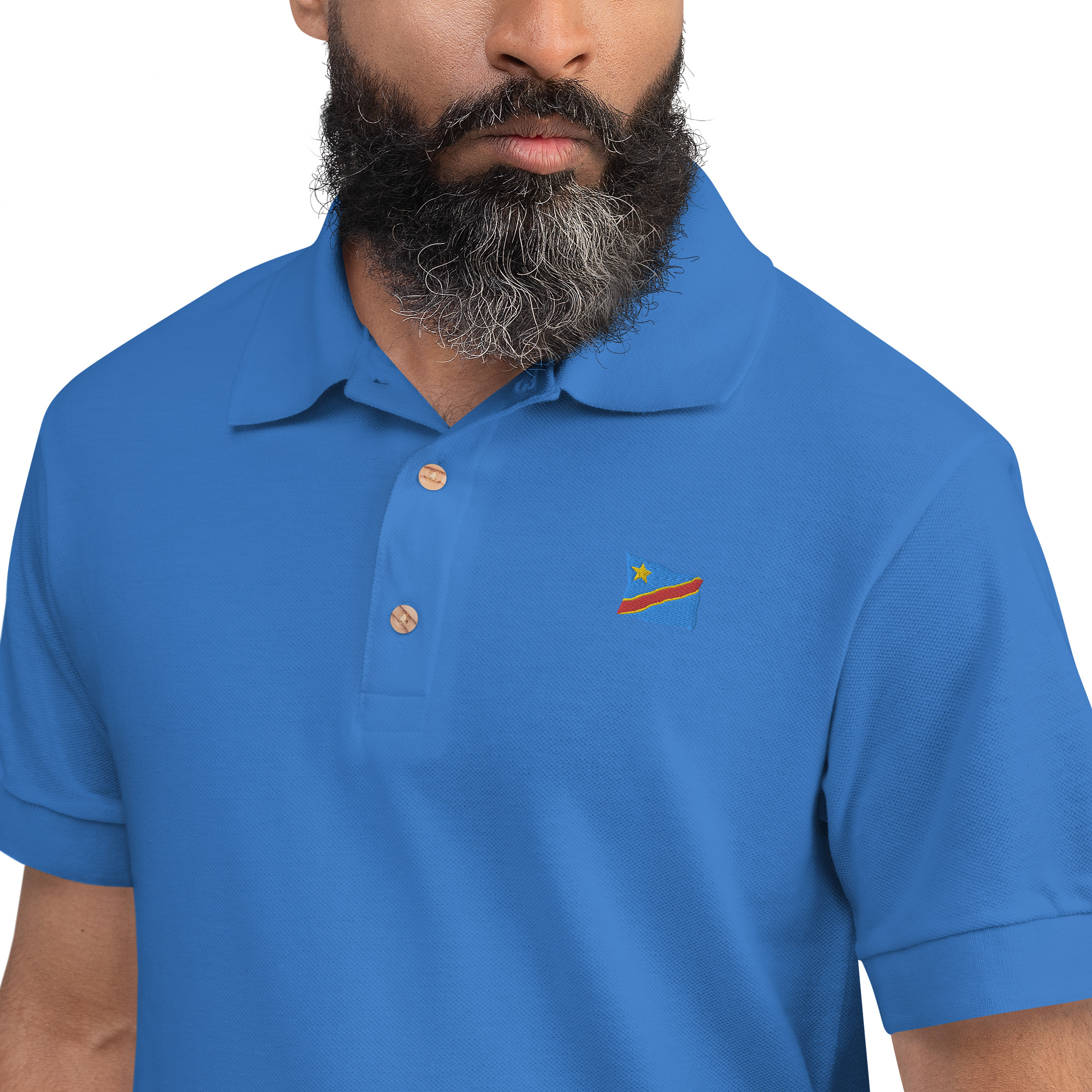
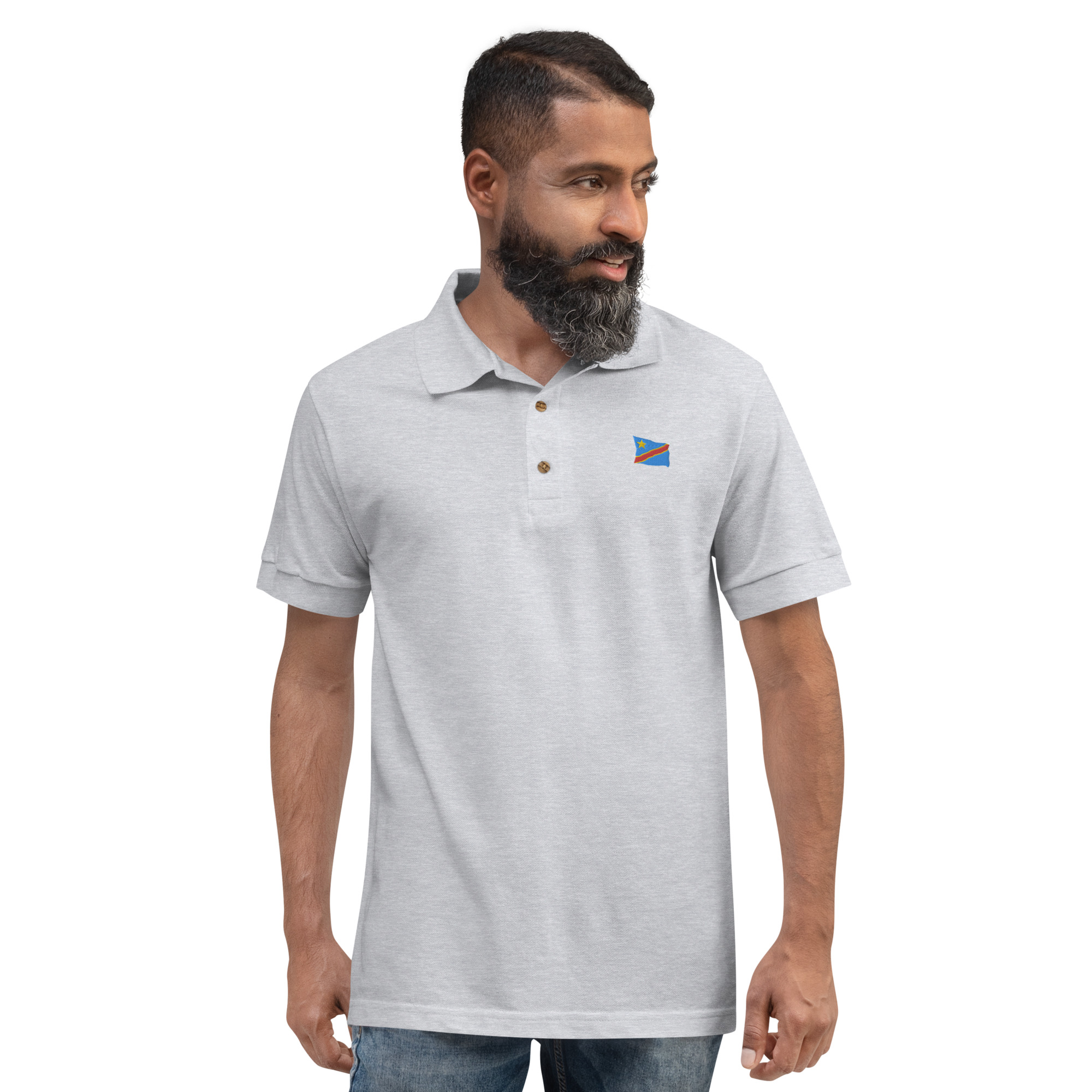
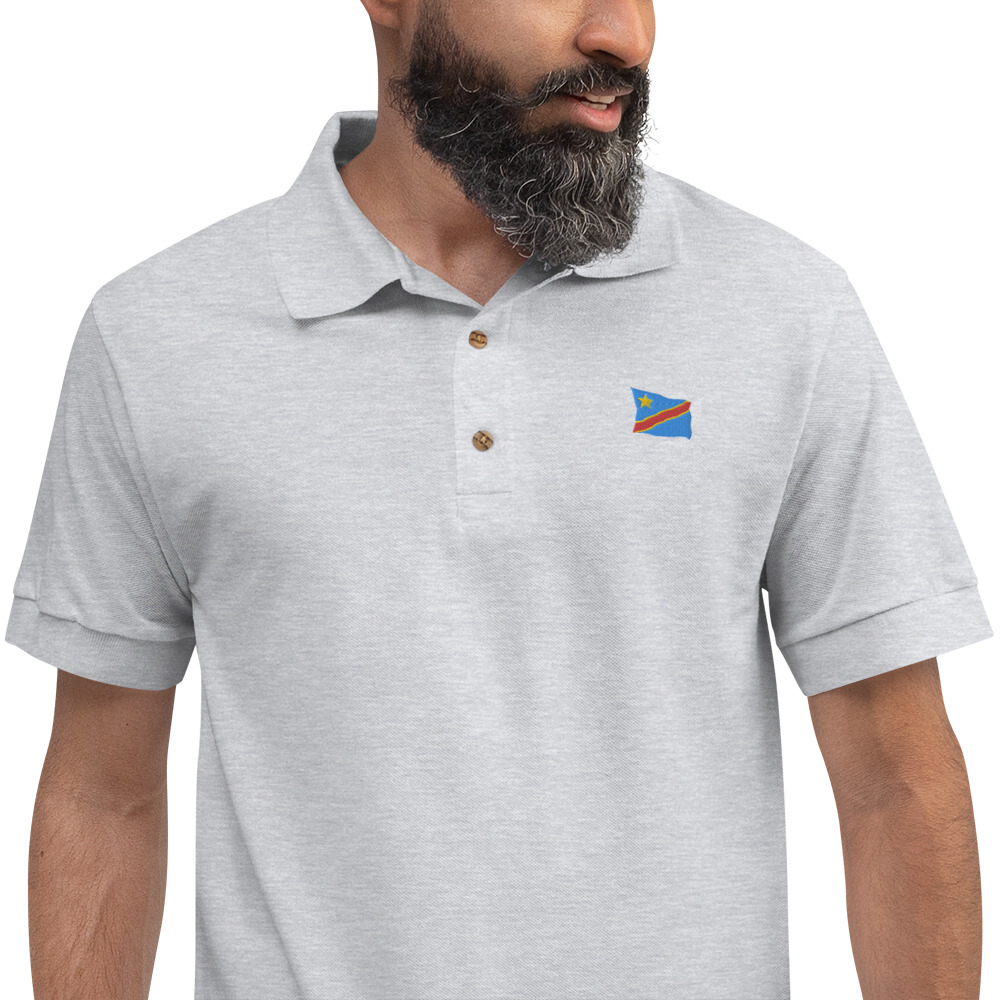

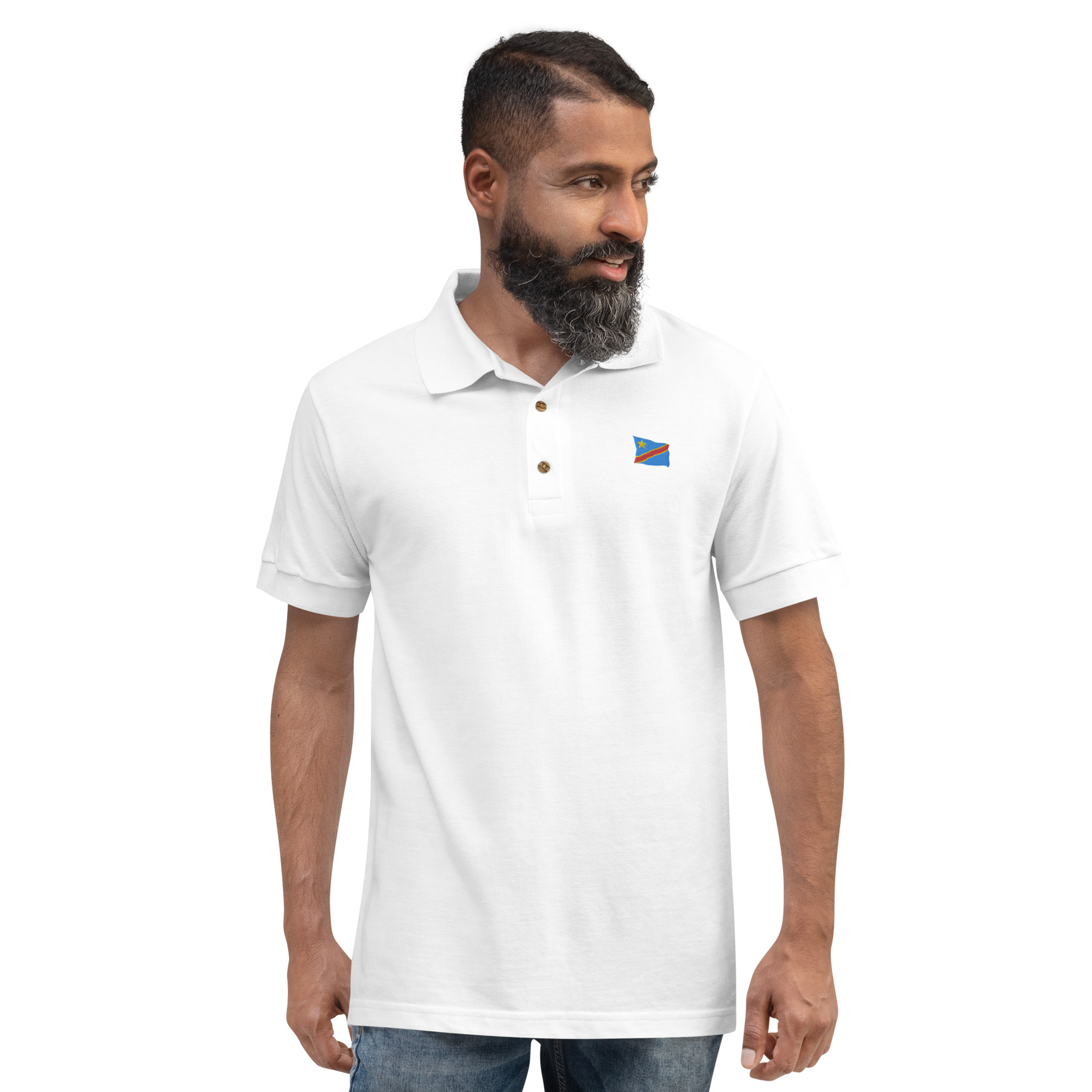
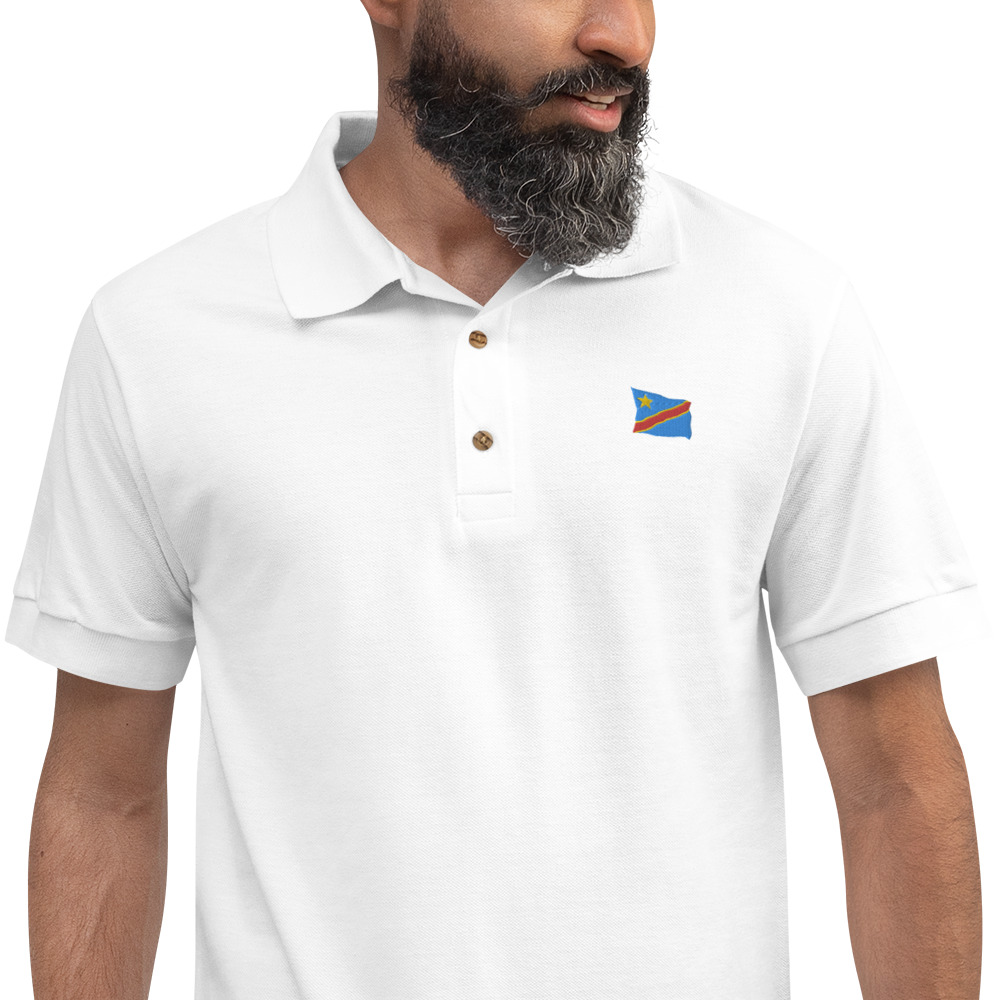
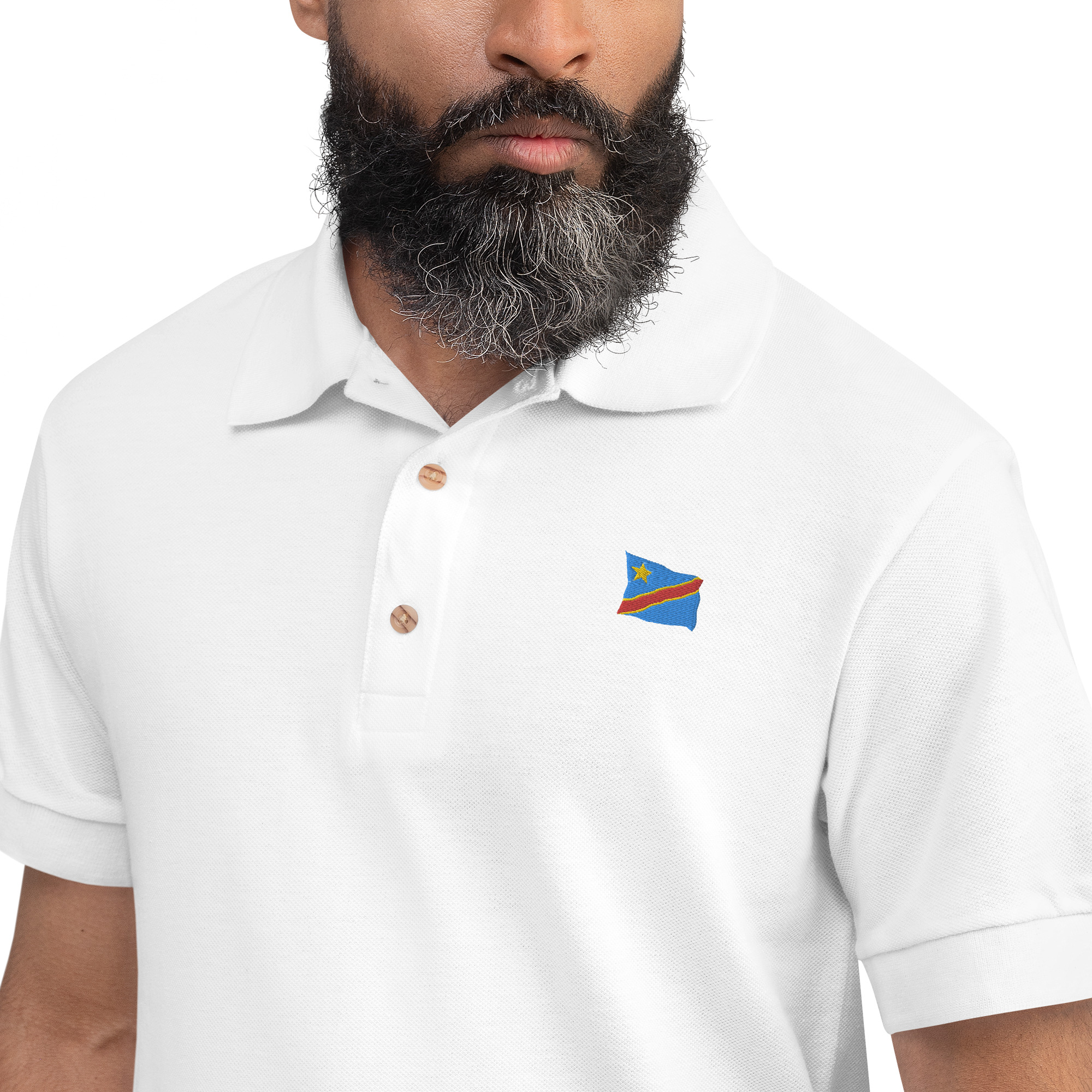
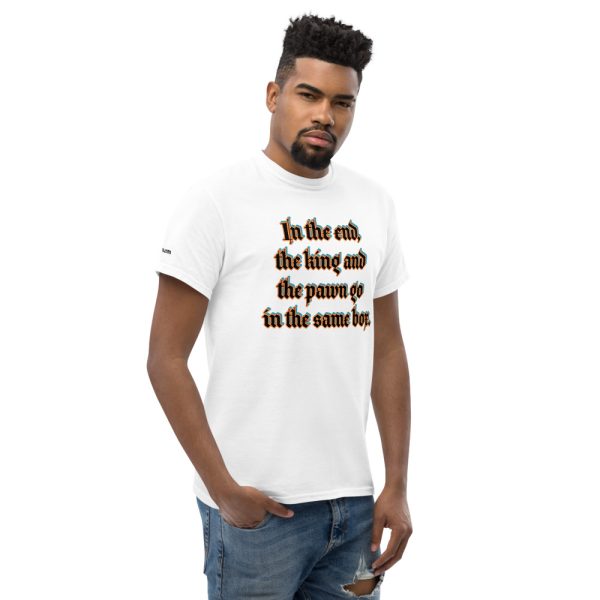
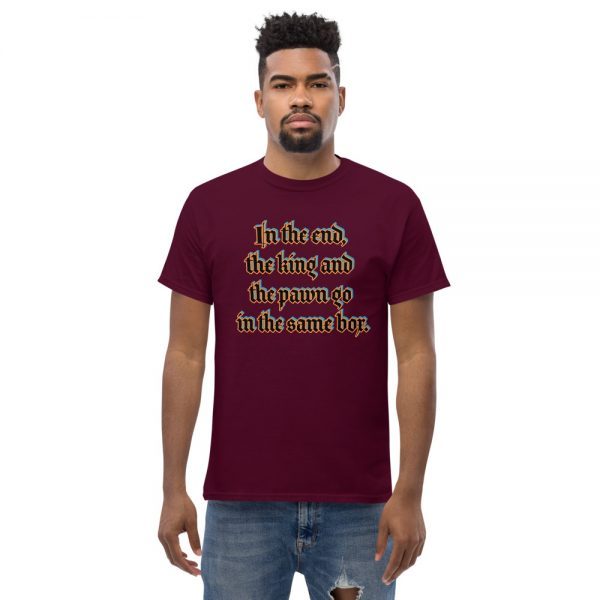
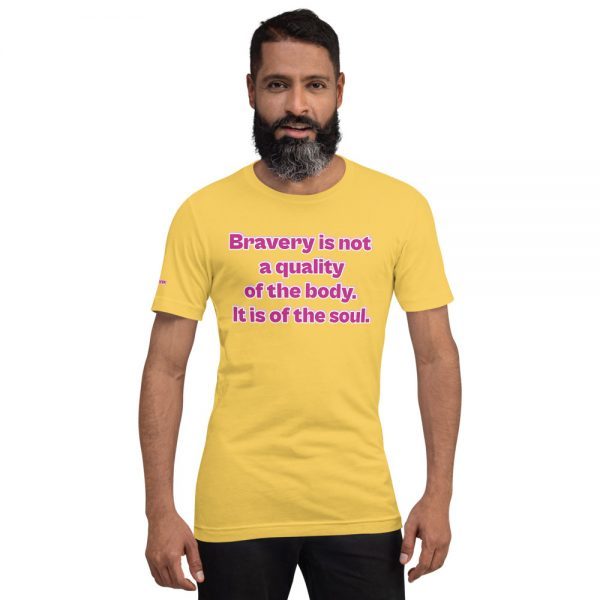
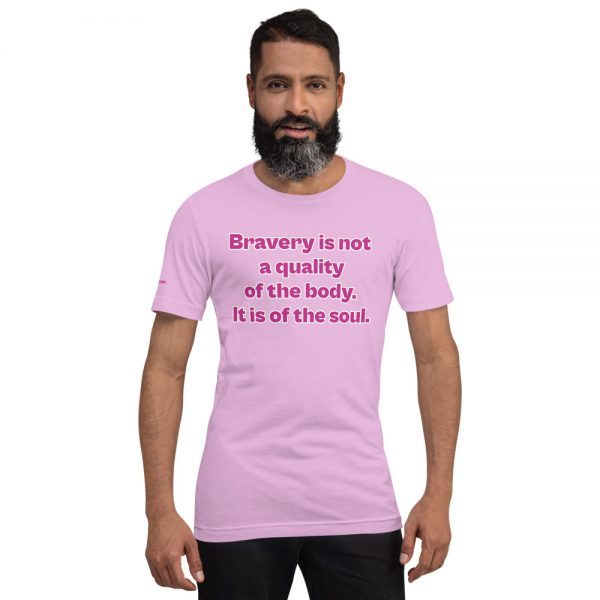
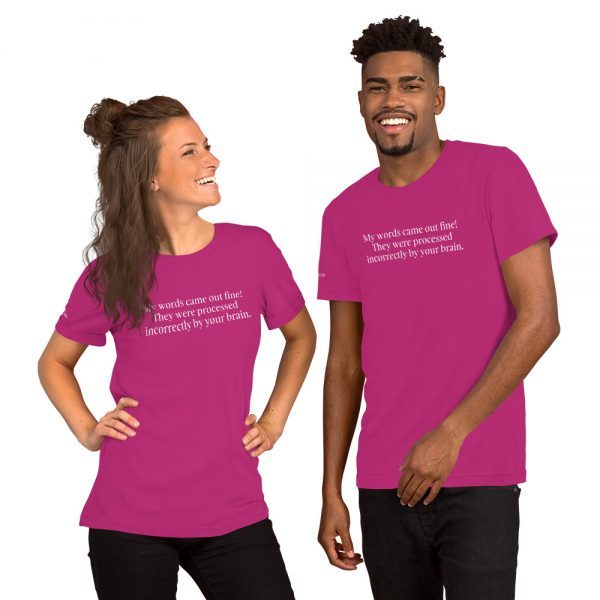

Reviews
There are no reviews yet.